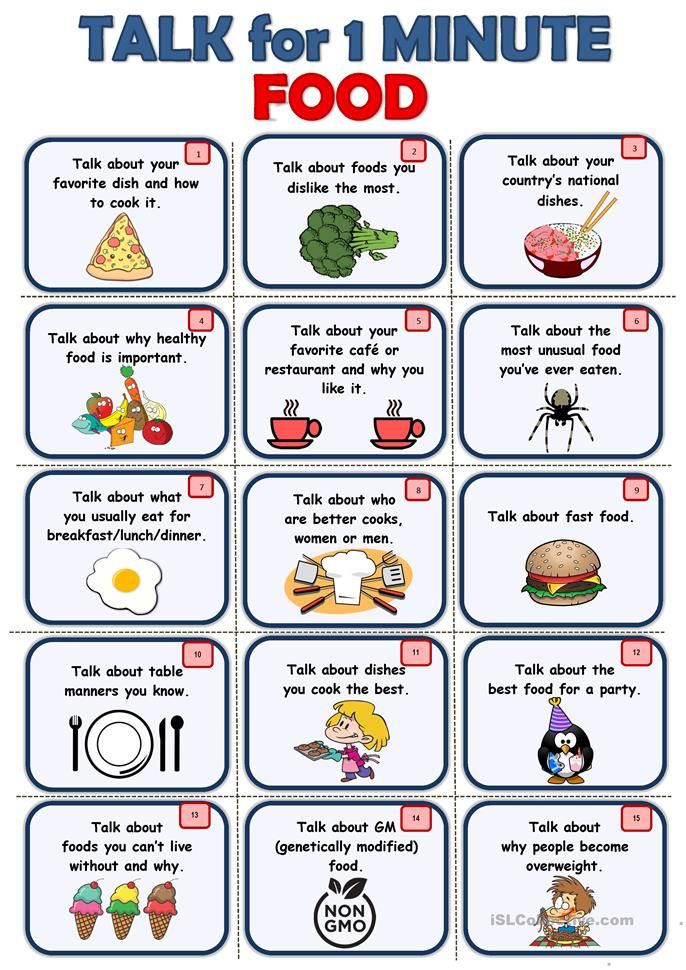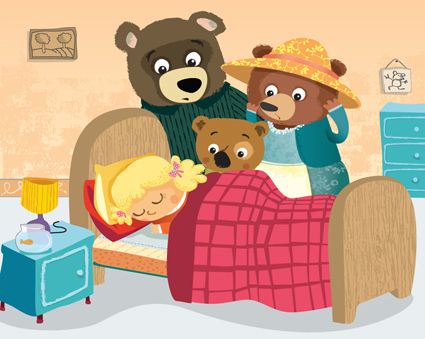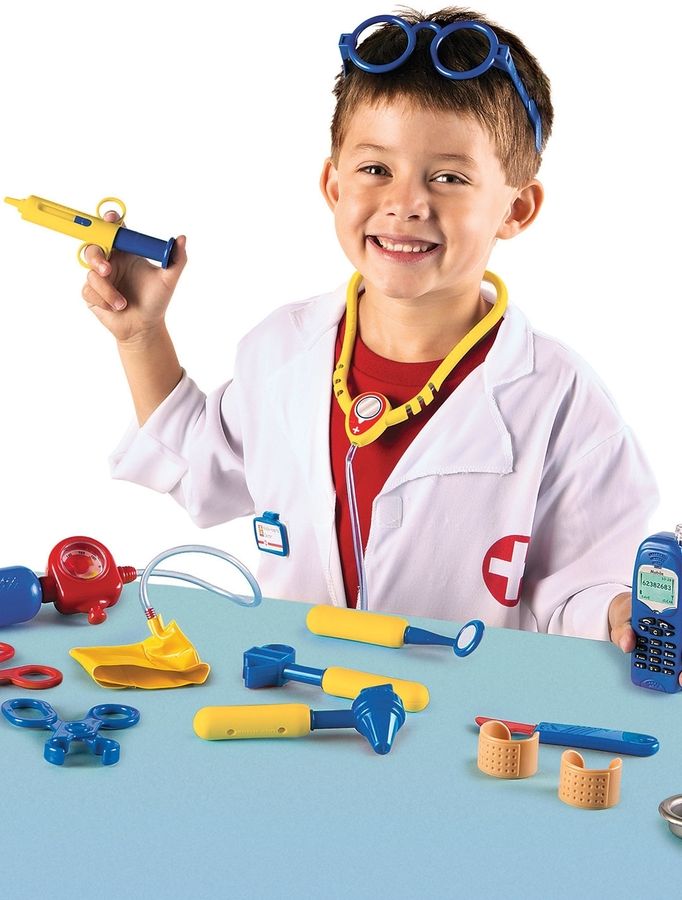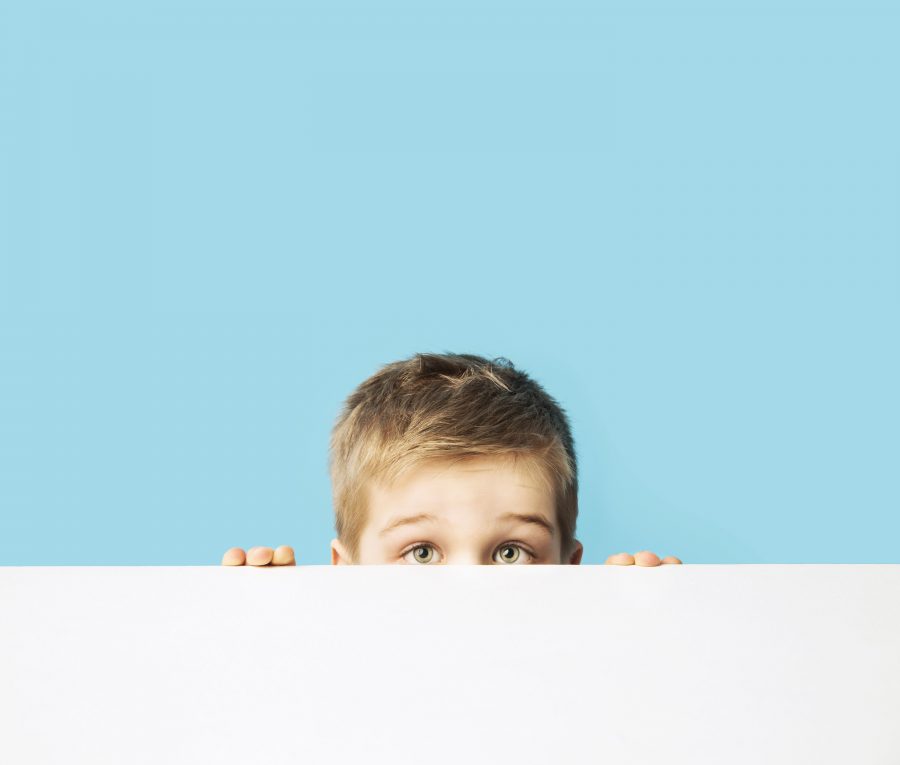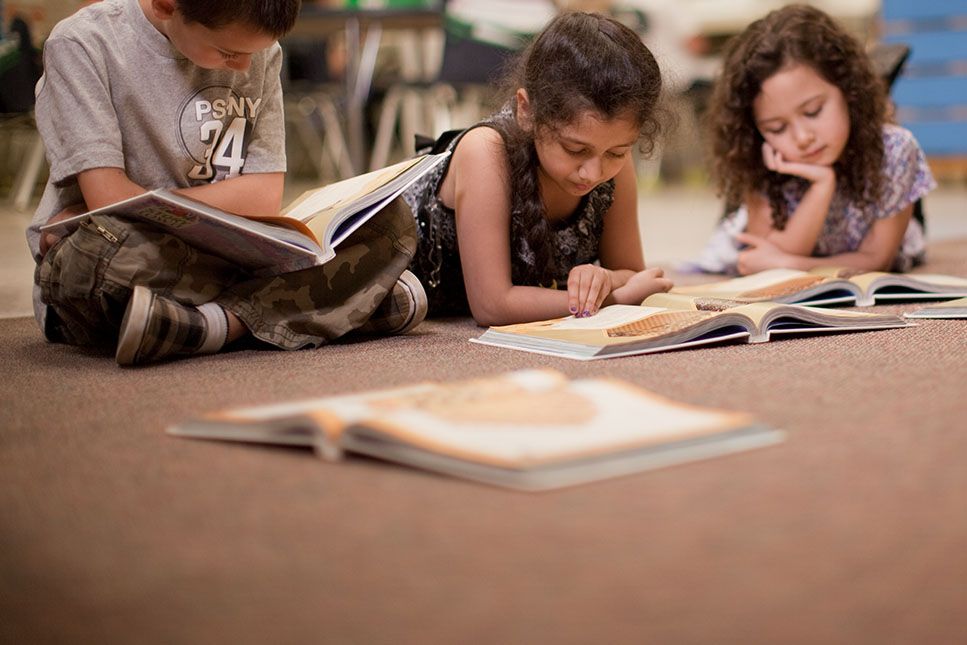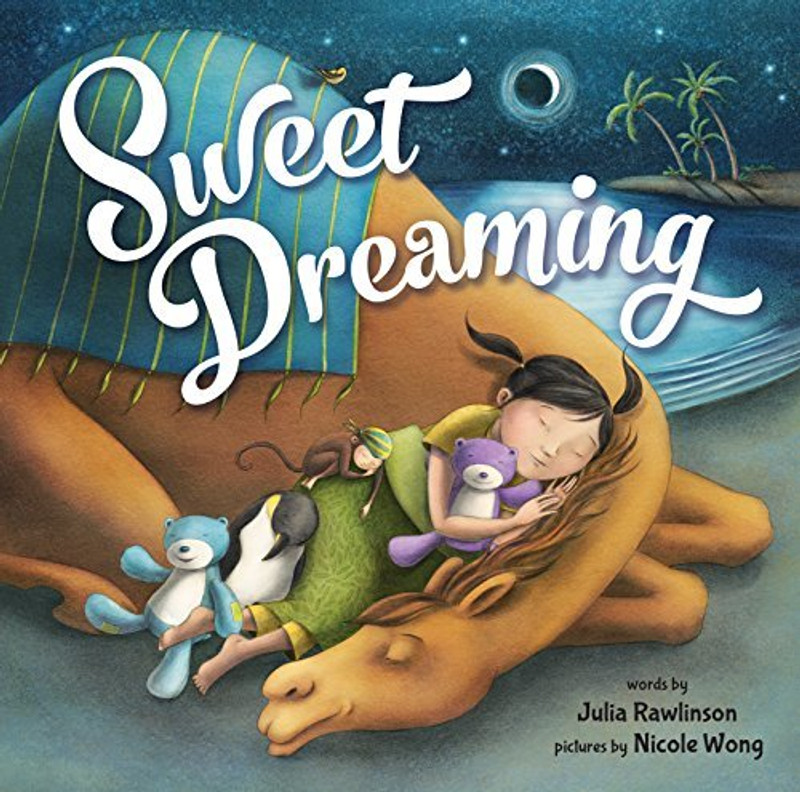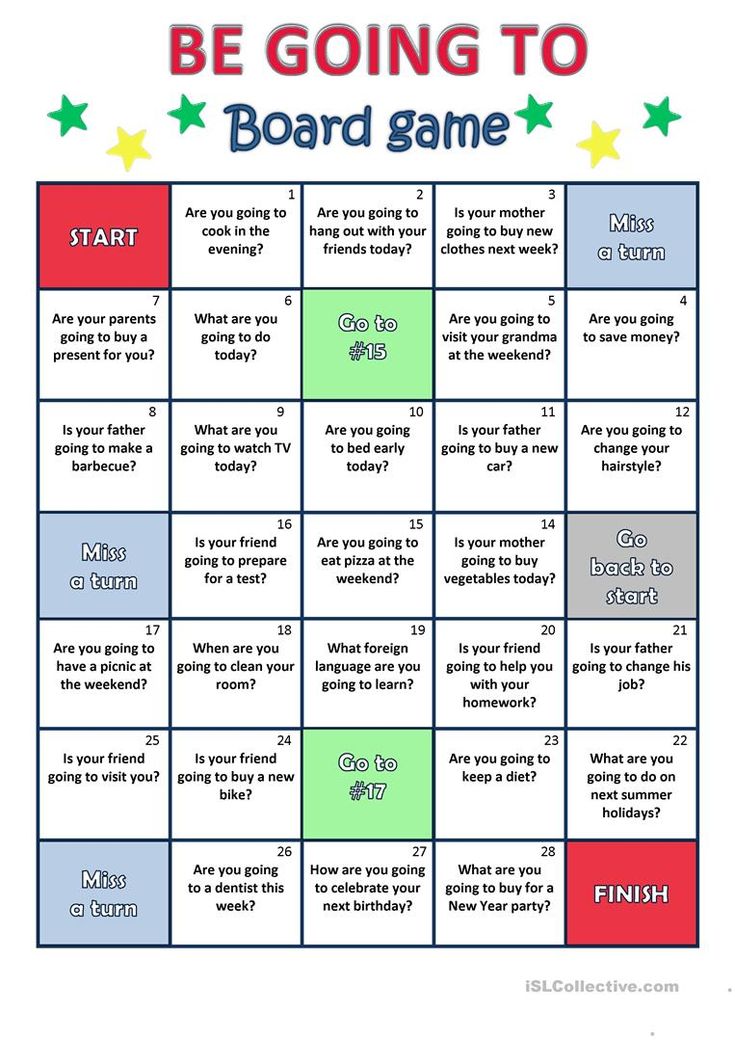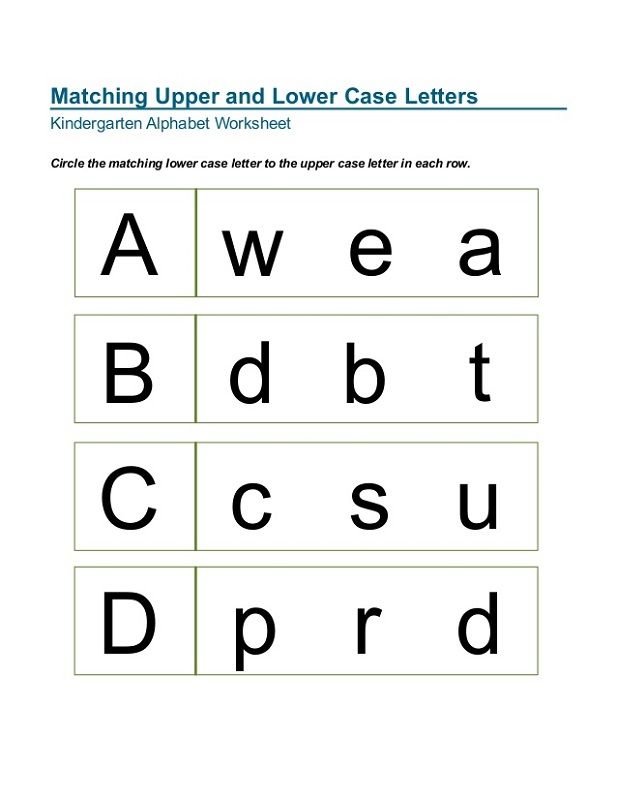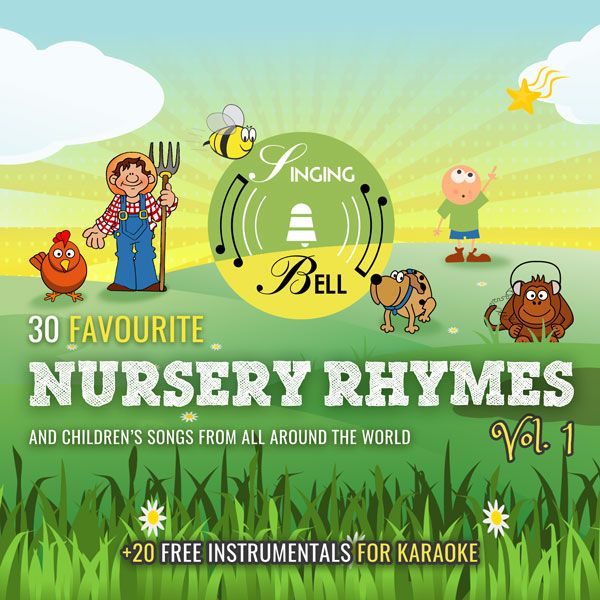Kids having fun learning
Hundreds of Kids Activities that are Totally Awesome!
This is a list of our most popular activities for kids! There are tons of fun learning activities and fun for kids. Whether you are looking for kids activities for educational purposes or just for fun, these are sure to be a hit!
Super Cool Lava Lamp Experiment
Your kids will love exploring colored water and oil, but a surprise ingredient will make this science activity even more exciting!
Editable Name Spelling and Tracing Printables
Make learning names fun with these name spelling and tracing printables that are editable.
Easy Play Dough Recipe Without Cream of Tartar
This play dough recipe is super easy to make and requires no cream of tartar.
Printable Letter Sounds Alphabet Board Game
An effective way to teach letter sounds while developing counting skills and more.
Letter Matching Apple Tree Activity with Printable
This letter matching apple tree is a fun way for kids to learn letters this fall.
Magic Milk Science Experiment for Kids
This magic milk science experiment is perfect for you! It amazes the kids every time and it is super easy to do too! Just grab a few household supplies and have a blast with magic milk!
Super Fun Name Search Activity and Free Printable
Teach kids to recognize and spell their name with this hands-on name search activity and free printable!
Alphabet Printables and Activities for Preschool and Kindergarten
With over 300 pages of printable alphabet activities, this printable pack is sure to keep the kids engaged!
Make Your Own Dinosaur Dig Excavation Activity
Did you know that you can make your own dinosaur dig excavation activity? All you need is two household ingredients and a few sunny days. It couldn’t be easier!
Rain Cloud in a Jar Science Experiment
This rain cloud in a jar is a weather science experiment that gives young children a chance to explore clouds and rain in a hands-on and engaging way!
Leak Proof Bag Science Experiment
This leak proof bag science experiment is sure to WOW your kids! All you need is two household supplies and you can do this water experiment with your kids too.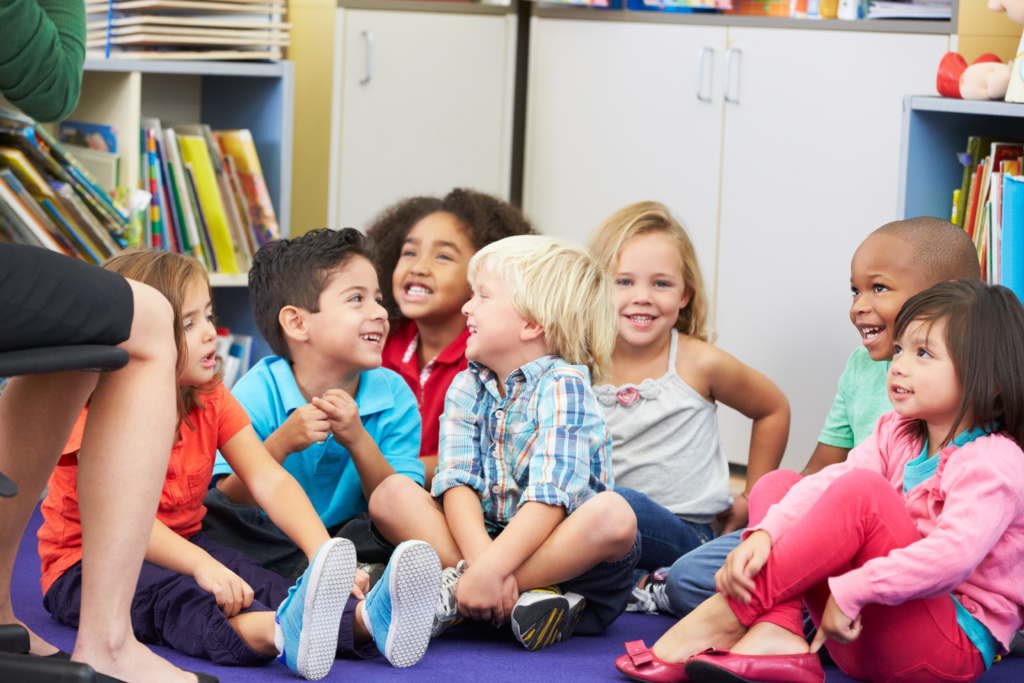
Roll and Dot the Letter Alphabet Activity and Printable
This roll and dot the letter alphabet activity is a great way for kids to learn to identify letters.
Spider Web Fine Motor Activity
This spider web fine motor activity is so much fun! My son played with it over and over again. It is an excellent way to develop fine motor skills. Plus, it is one of our absolute favorite kids activities!
Oil and Water Science Exploration
We’re definitely adding this oil and water science exploration to our growing list of science experiments for preschoolers. But even older kids will enjoy it too!
Field Day Games that are Super Fun for Kids!
These field day games for kids are all super fun and exciting. They are outdoor games that will get the kids moving, playing and having fun outdoors!
Counting and Number Matching with Paper Cups
Practice number matching with paper cups! It’s a fun, hands-on way to learn numbers and counting.
Rainbow Hop Letter Sounds Game
This life-size board game is a fantastic way to move and learn alphabet sounds and counting!
Sand and Water Ocean Sensory Bin
My kids had a blast digging in the sand and playing in the water while learning about the ocean habitat.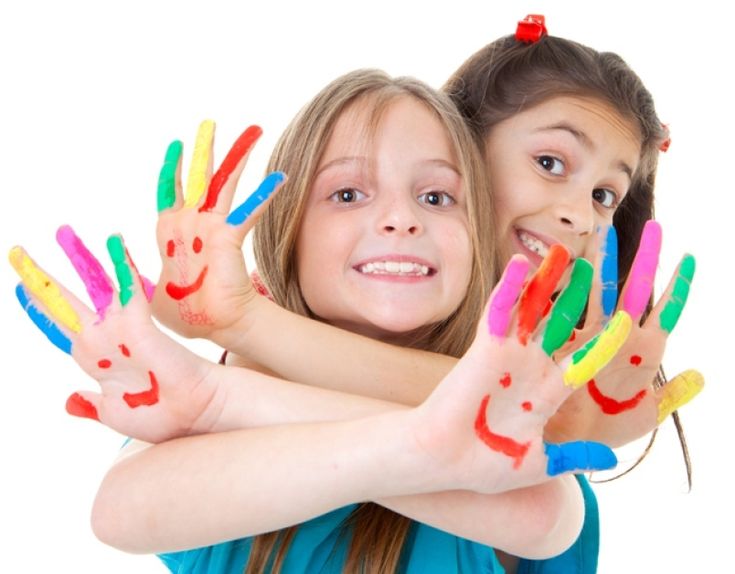 If you are looking for summer kids activities, you have to give this one a try!
If you are looking for summer kids activities, you have to give this one a try!
Preschool Math Game: Roll and Dot the Number
A quick preschool math game that will teach kids to identify numbers and count while learning one to one correspondence.
Counting Bear Number Strips and Color Matching Activity
These counting bears number strips are a hands-on way for toddlers and preschoolers to learn numbers, counting and even colors.
Learning Letters with Fun Activities
If your kids are learning letters, then this is the post for you! Teach the alphabet with hands-on activities that are engaging and enjoyable for young kids!
I am always creating new alphabet activities to do with my kids. From games, to activities to hands-on printables, there are so many ways to make learning letters a fun experience for your kids!
These activities are all fun, engaging and hands-on ways for kids to learn letters. And many of them require very few supplies.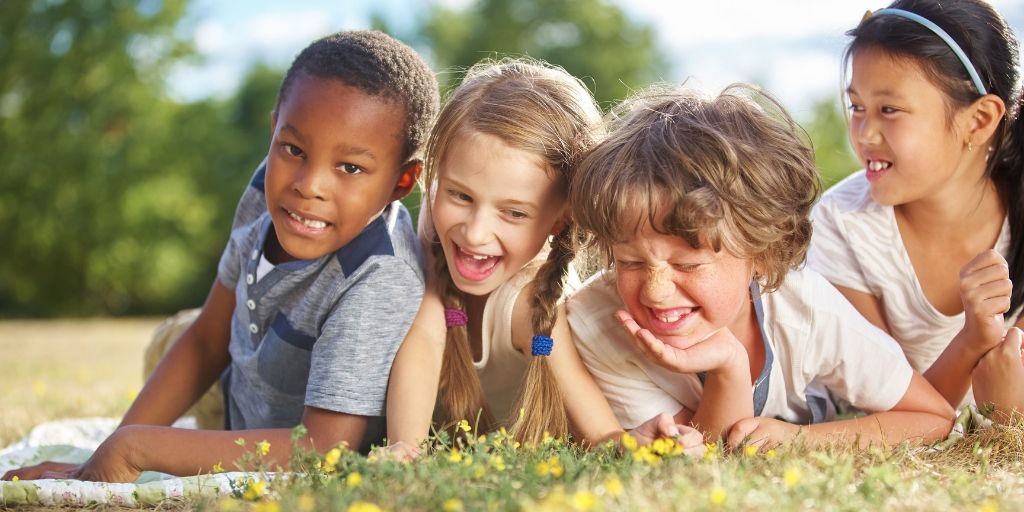 So let’s get started!
So let’s get started!
Learning Letters in Preschool and Kindergarten
1. Use a sand tray and these letter formation cards to help kids with letter identification, letter formation and even letter sounds.
Just use a small shallow tray and some colored sand to make a writing tray. Then pair it with the letter formation cards. The cards even include a small picture that represents the sound that each letter makes!
2. Play this Roll and Dot the Letter Game. In the two-player game version, children will roll an alphabet dice, and dot the letter on the page. The first person to dot 5 letters in a row wins! Or keep the game going and see who can get the most 5 in a rows per sheet.
3. Use these alphabet clip cards to help kids learn letter sounds while also developing fine motor skills!
4. These Beginning Sounds I Spy Mats make learning letters sounds fun and hands-on! Grab some alphabet beads and see if your kids can find all the letter sounds on the mat!
5. Print out this board game and play a fun game that teaches letter identification and letter sounds. This is one of my most popular ideas and one of my kids’ favorites!
Print out this board game and play a fun game that teaches letter identification and letter sounds. This is one of my most popular ideas and one of my kids’ favorites!
6. These printable alphabet puzzles will make learning letters a hands-on experience. They develop critical thinking skills and fine motor skills while teaching letters and sounds!
7. Combine play dough and learning letters with these engaging alphabet mats. Not only will kids practice letter formation while using them, but they will also practice identifying beginning sounds in words. Slip them into write and wipe pockets and you can use dry-erase markers on them too.
Get these Activities in my Alphabet Printable Pack
These activities can be found in my brand new Alphabet Printable Pack! With 370+ pages and 17 alphabet activities, this alphabet pack is going to be so helpful to you!
8. These Beginning Sounds Clip Wheels develop fine motor skills while teaching the children to identify beginning letter sounds.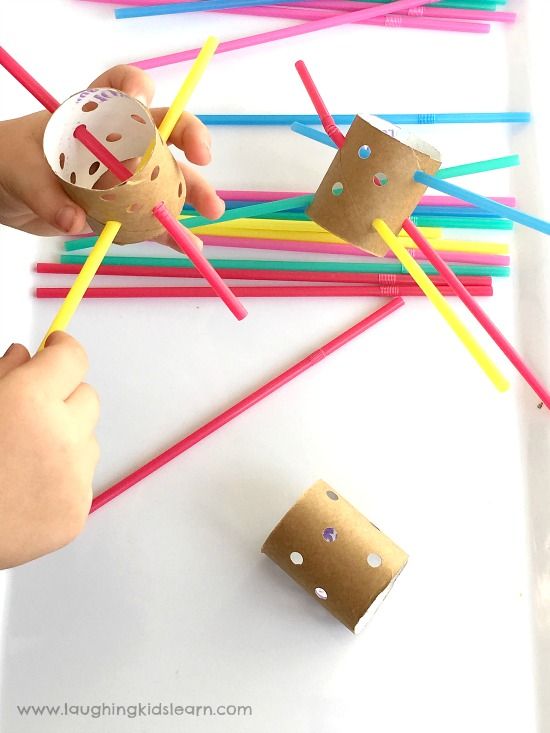 Each wheel includes 4 objects that correspond to the letter in the middle. Children will mark the correct pictures with clothespins.
Each wheel includes 4 objects that correspond to the letter in the middle. Children will mark the correct pictures with clothespins.
9. Beginning Sounds Mazes are a fun way to learn letter sounds! These bright and colorful mazes are visually engaging and great for developing visual tracking skills which are also necessary for reading.
10. My kids really enjoy these Spot the Letter Mats. Children will search the mat for objects that start with the letter in the middle of the mat. Slip in dry-erase sleeves and mark objects with dry-erase marker. Or laminate and mark with pom poms, craft gems or other small objects.
Buy the Alphabet Printable Pack
To read more about the Alphabet Printable Pack and all of the activities that are included, click the link below!
Learning should be fun, then it's easy to learn!
Methodical development
Additional
Education
MAOU DOD CDOD MEC
Zrilova T.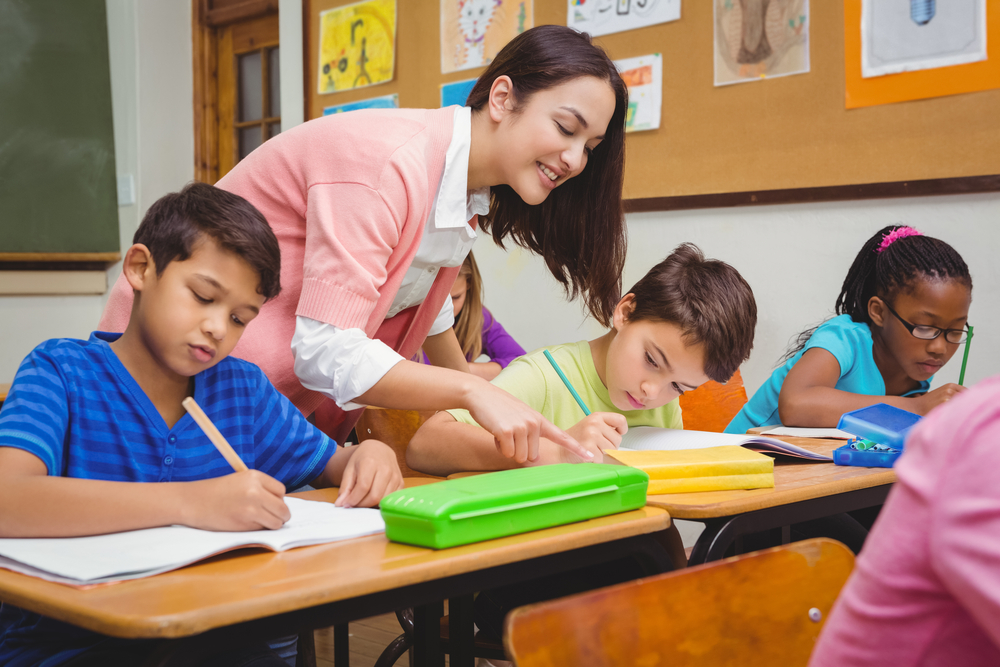 M.
M.
Methodological assistance to parents in preparing their child for school.
Learning should be fun, then learning is easy!
The process of learning to read is the most interesting, but difficult and responsible. If children do not read correctly, fluently, expressively, they will not be able to master literate writing, they will not learn to solve problems. To teach children to read means to prepare them for independent work with the text, to instill a love of reading.
Therefore, mastering reading skills is both a means and one of the conditions for the overall development of children. The process of reading is very complex, since thinking, speech, perception, memory, imagination, auditory and sound analyzers are involved in it.
Natural question: when to teach a child to read?
Among parents today, discussions about the benefits or harms of early teaching children to read are very frequent.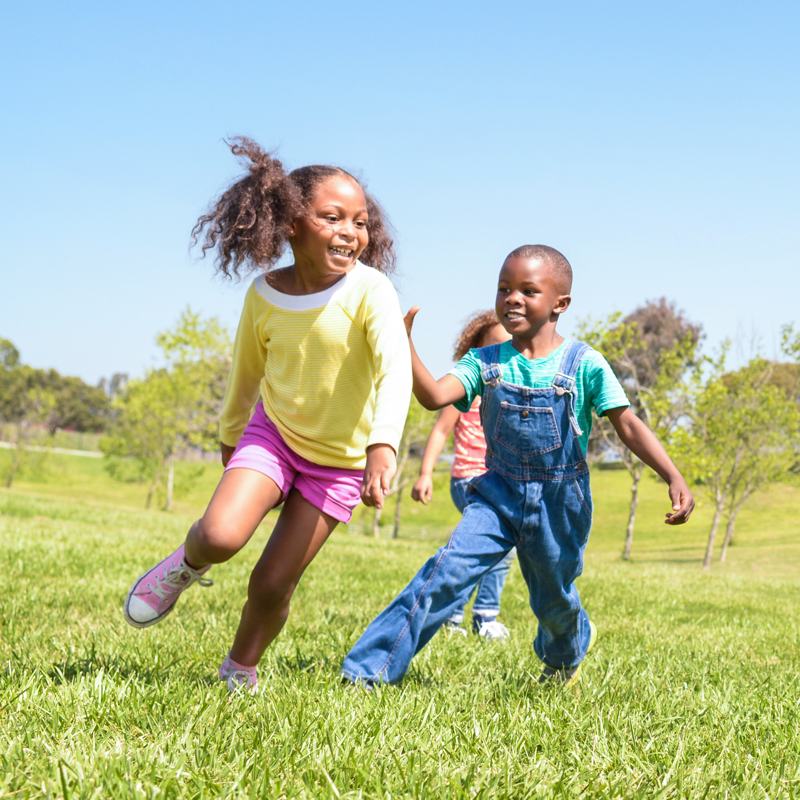
A child who began to read at an early age certainly has an advantage over his non-reading peers.
The most favorable time for learning to read is the preschool period, when the child's brain grows most intensively. N. Varentsova believes that the most favorable time for learning to read is the age of 4-5 years. Psychologists believe that it is easier for a child to learn to read at the age of 4-5 than at 7-8. They explain this by the fact that a five-year-old child has already mastered speech well, but he is still interested in words and sounds. He willingly experiments with them, easily remembers whole words, and then begins to distinguish letters in them. It only remains for an adult to give his interest the direction necessary for mastering reading.
In the theory and practice of preschool education, various methods of teaching reading to preschool children have been developed.
Of particular interest, it seems to me, is the method of Academician N.A. Zaitsev, which is based on teaching children to read cubes. If there is an opportunity in acquiring them and making them together with the child, this is already a good start for developing and teaching him.
Zaitsev, which is based on teaching children to read cubes. If there is an opportunity in acquiring them and making them together with the child, this is already a good start for developing and teaching him.
Preparation for teaching reading to preschool children should include games that promote the development of reading skills. They are aimed at developing memory, attention, thinking and fine motor skills.
Parents in pursuit of glossy manuals and books undeservedly forget about "Primers" and "ABCs".
When compiling the "New ABC", Leo Tolstoy intuitively took into account the psychophysiological characteristics of children. The "reading field" of a novice reader is 4 - 5 letters.
The ABC of Leo Tolstoy contains a lot of interesting and still unexplored. Many verbs in fairy tales are repeated even in cases where they can be replaced by a synonym. Fairy tales are very simple, but this is for us adults.
Since the time of Leo Tolstoy, little has changed in the classical method of teaching reading.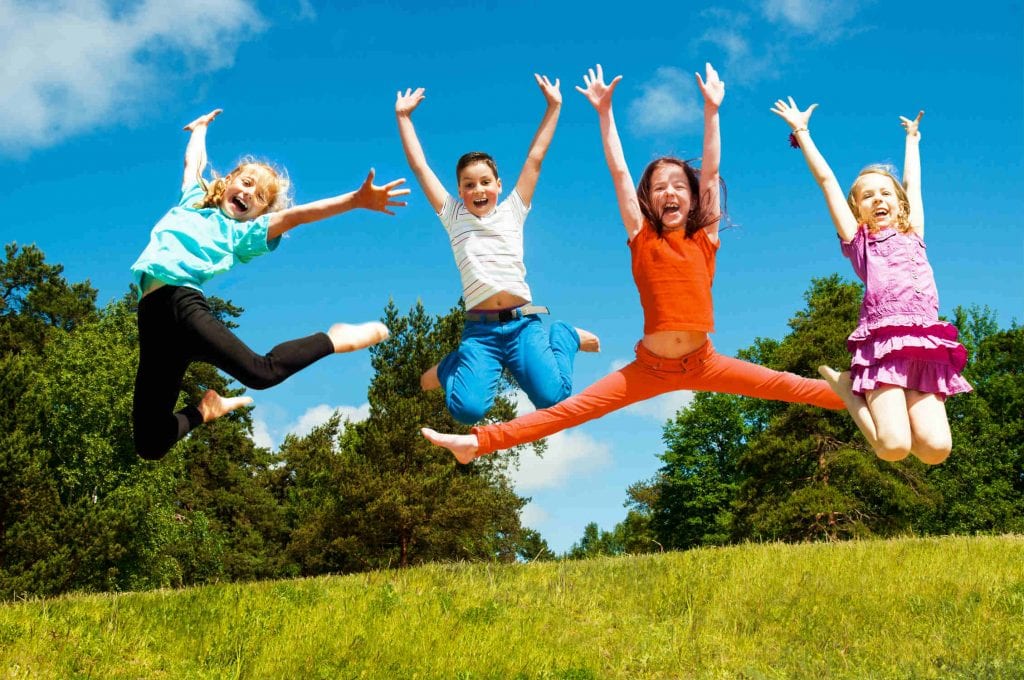 She has stood the test of time. So they taught us and our parents, and our grandparents in schools.
She has stood the test of time. So they taught us and our parents, and our grandparents in schools.
If you want to teach your child to read before school, then pay attention and understanding to the advice in order to avoid the sad consequences of illiterate learning.
First tip : Start learning to read only if your oral language is sufficiently developed.
Tip #2 : Don't memorize all the letters of the alphabet with your kids at once.
Advice three : do not name consonants with an overtone of vowels, such as seh or re or er, etc.
Advice four material.
Tip five : have a set of alphabet letters at home.
Tip six : make sure that what is read is accessible to the child.
Seventh tip : the form of education should be a game.
Games with letters, syllables and words.
A) "Tangible letters".
Letters can be made from sticks, shells, pebbles, ribbons, ropes, flowers. Make cookies from letters with your baby. Sculpt a letter from plasticine. You can draw letters with your finger on the rump.
Make cookies from letters with your baby. Sculpt a letter from plasticine. You can draw letters with your finger on the rump.
B) “Is matches not a toy for children?”
The sticks can be used to form the letter N. Let the child move one stick to make the letter P, I, E.
C) “Who is faster?”
Lay out blocks or letter cards. Show a word, for example the word CAT and offer to collect this word.
D) Guess the letter.
Print the letter and cover with a piece of paper. Open it by slowly sliding the sheet.
E) “Who lives in a little house?”
Cut out a house with windows and shutters from cardboard. Letters in windows or syllables are opened by the child himself.
E) Letter memory.
An ordinary deck of cards is sealed with cardboard on one side. Letters on cardboard. There are two cards for each letter.
Shuffle the cards and put them on the back side. Open two cards at a time and put the same ones aside.
G) "Traces".
Trace around the child's foot and cut out the paper. From colored paper, cut out 10-15 traces with large letters.
Write vowels on red paper, consonants on blue paper.
The letters Y, Ch, Щ are best cut out of green paper, because they are always soft.
H) "Catch the sound."
Name the words. If the child hears a given sound, he will clap his hands.
I) "We work as proofreaders."
Give your child a clipping from a magazine or newspaper. Circle the letter you are learning. Find in the text, circle or cross out the letter.
You can cross out the letter O, underline the letter A, draw a house with the letter I.
Together with the children, look at funny letters with arms and legs, and then put them into pairs and groups. The more fun your child has to learn, the sooner he will learn to read.
Krasnodar Regional Scientific and Pedagogical Conference:
“Additional education today: modern trends, innovation processes, traditions”
9000
9000 9000 9000
Speech themes: Methodical assistance to parents in training in training in training child to school.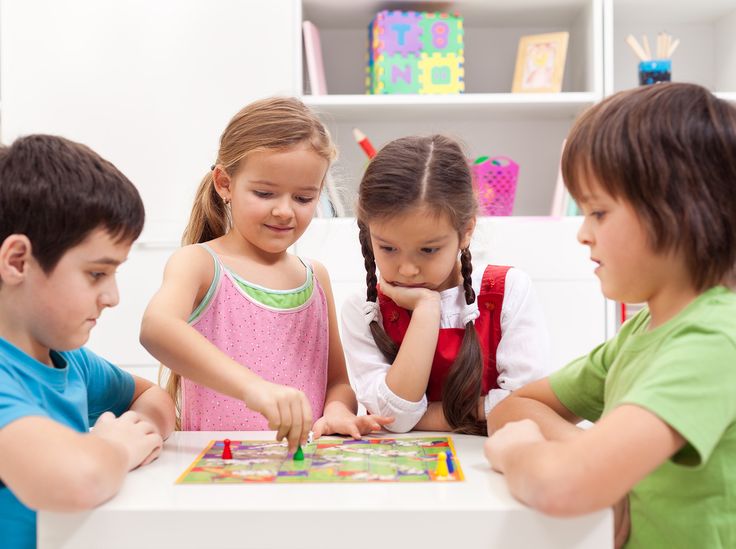 "
"
Zrilova Tatyana Mikhailovna 6
teacher MAOU DOD CDOD MEC
Higher category teacher
9000 9000 9000 9000 9000 WikiReading Glenn Doman's early development methodology. 0 to 4 years old Contents Learning is interesting and fun Cognition is the greatest adventure in life, it is the most interesting, important and educational game in the world. Do you doubt that the children agree with this? And in vain! Children believe in this statement and will continue to believe until we can convince them otherwise. Do not forget that learning is just an exciting game, not work. Knowledge is a reward, not a punishment; pleasure, not routine work; a privilege, not a deprivation of a right. Starting a lesson with a child, first of all, relax and remember that this is a game in which there will be only winners. You should start your activities refreshed and refreshed. Tension leads to lethargy, disorganization and a lack of understanding of what you are doing and why. When a child asks you a question, answer sincerely, authentically, and enthusiastically. In this case, he will quickly come to the conclusion that you know absolutely everything, and will begin to treat you as an inexhaustible source of information. This text is an introductory fragment. It is interesting for adults Dear parents and teachers, Each person plays many roles in this life. And it will be interesting for children Hello young wizard! In the land of Magic Games live Two brothers - Top and Slap are called. So that Top and Slap come to us, Let's clap our hands, clap-clap! My palms are brother Top, Your palms are brother Slap. And if you want, it's the other way around After all, they are so similar Is communication more important than learning? “I don’t know what to do with this Katya!” - Sveta sighs into the phone. - As it turned twelve years old, it started. I don’t want to study, I don’t want to do homework, but I want to go out with my girlfriends. Conclusion. Learn, learn and learn! Being the head of a children's club, like any other business, is not easy, because with its opening you have to take on your shoulders not only great responsibility, but also round-the-clock reflections on the formation and development, Who lives happily, at ease in a summer camp Unlike the games "Democratic Republic" and "New Civilization", in "Newland" everything is for real. There are no abstract product cards here, and if you haven't come up with a product or service that your friends want, then, How to teach to learn And for starters, it would be nice to find out how our boy perceives life? More specifically: which sense organs are leading for him, and which ones work half-heartedly? It would seem - sheer absurdity: what are the leading sense organs! Hears well, sees - "Studying well is harmful" Learning well is bad. Read math books with your child. Make it fun! Even if your child is still a baby, you probably have a few primers. But if you are going to treat your child to reading from a very early age, do not forget to diversify his “diet” with books about Learn Love Mom! When someone inadvertently asked about Your education, You blushed like a guilty person before the whole world. What was your actual education? In the sense that this beautiful word is used today, it turns out that You had Try to study well I will tell you in conclusion: It's not about luck at all. is interesting and fun. Glenn Doman's early development methodology. From 0 to 4 years old
Learning is interesting and fun. Glenn Doman's early development methodology. 0 to 4 years
Straube E. A. 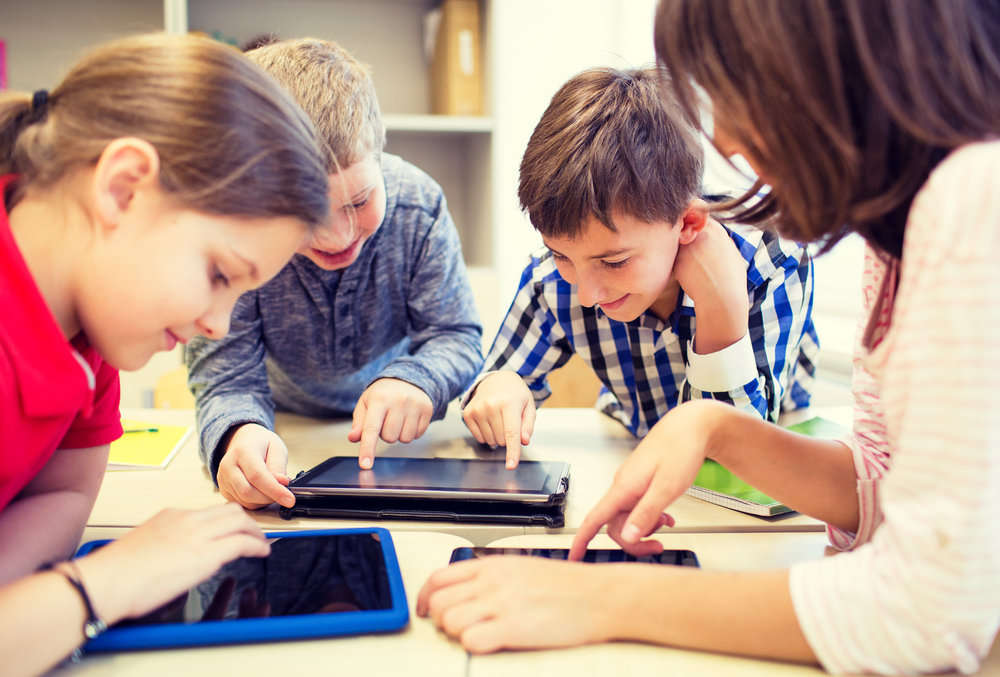 To prevent this from happening, remember the basic rule: both parents and children should enjoy the learning process, as from the most exciting game.
To prevent this from happening, remember the basic rule: both parents and children should enjoy the learning process, as from the most exciting game. Interesting for adults
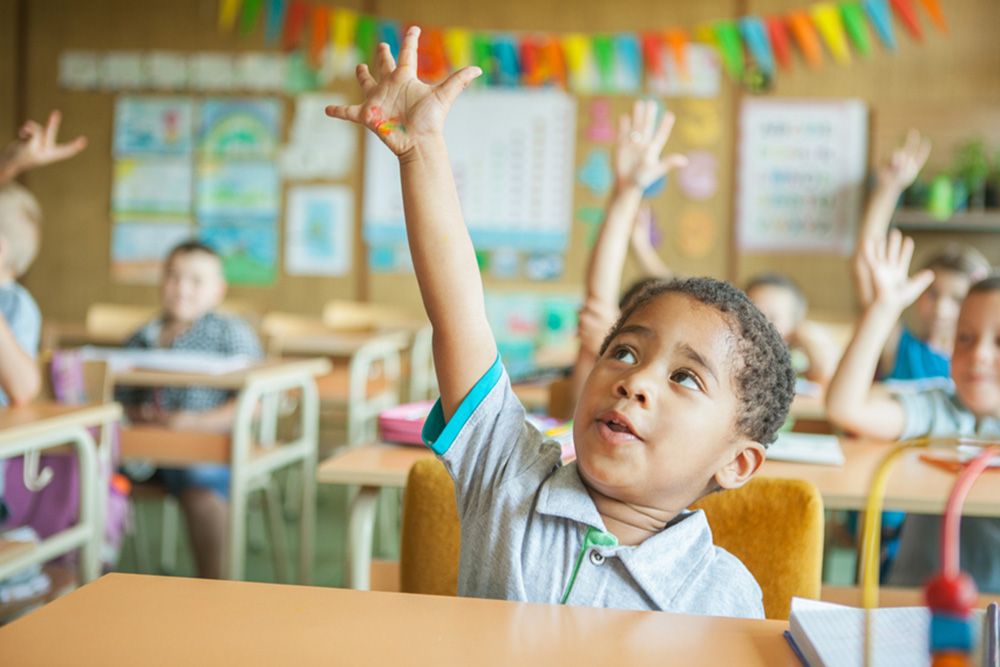 Some of the most important and challenging are the roles of parent and teacher. The mission of an adult is to unleash the child's enormous potential. Remembering that there is no
Some of the most important and challenging are the roles of parent and teacher. The mission of an adult is to unleash the child's enormous potential. Remembering that there is no And it will be interesting for children
Is communication more important than learning?
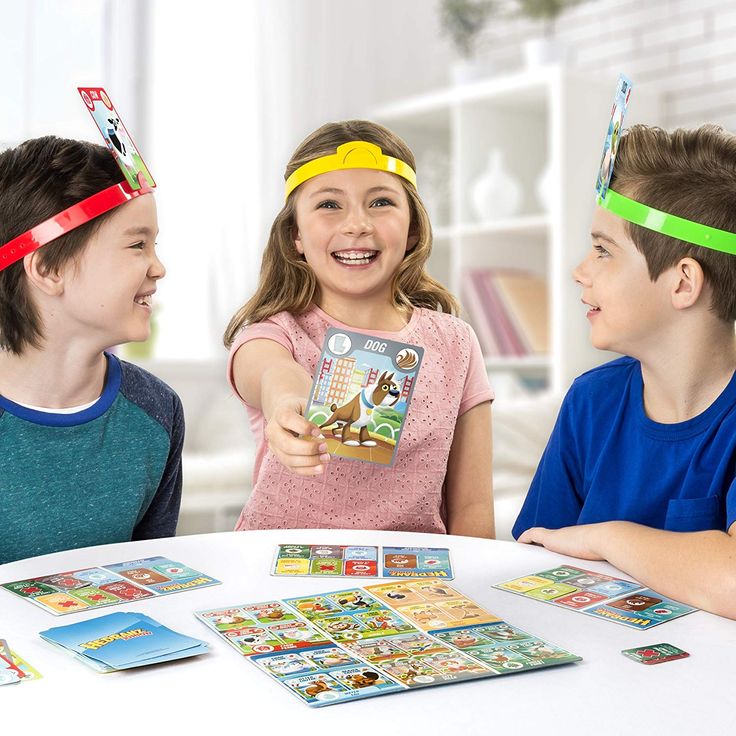 “Listen, is that normal? says
“Listen, is that normal? says Conclusion. Learn, learn and learn!
Who lives happily, at ease in the summer camp
How to teach to learn
"Excellent study is harmful"
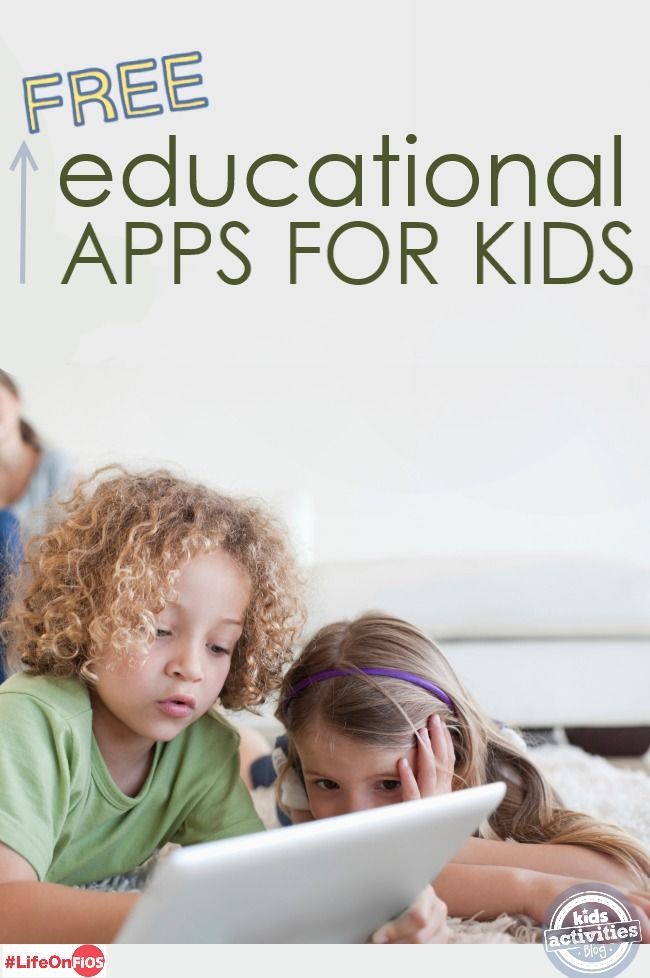 When a child is given the goal of doing well in school, they are programmed to become a grass carpet instead of a slender tree. The boy has mathematical abilities, but weak
When a child is given the goal of doing well in school, they are programmed to become a grass carpet instead of a slender tree. The boy has mathematical abilities, but weak Read math books with your child. Make it fun!
Learn Love
Try to study well
